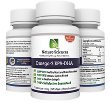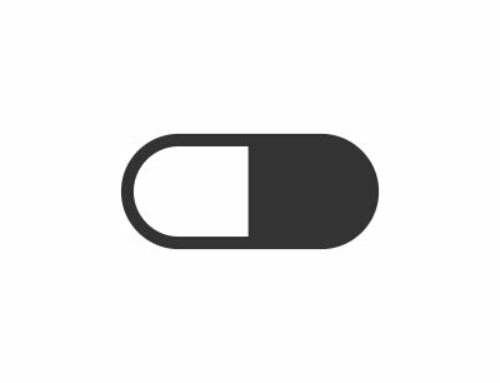We are physiologically adapted to a varied diet without too much sugar, without toxins and additives, and we can cope with irregular meals, or even occasional hunger.
Yes, hunger.
Please take one breath and try to imagine that 99% of our evolutionary time has passed with such nutritional rhythm. This is a very long time during which nature has had many opportunities for trial and error; however, we as individuals can not afford this time.
Therefore, I am convinced that we should adapt our eating habits to better capture this past experience, and benefit from nature’s accumulated knowledge, instead of using our short life to experiment with anything as important as eating.
One of the questions which I often get from my readers is: What did YOU eat during the time you were trying to get pregnant?
Well, having eaten Mediterranean-style for most of my life, I wanted to go the extra mile. For me, a further reduction in sugars, eating extra fish, and insisting on organic products seemed like the next logical step. So I have made a combination of the Mediterranean and the Paleo diet and stuck to it during the time I was trying to conceive.
I do believe that what that I ate did play a role in me getting pregnant; however, to date I am not certain in which way.
Fewer toxins and additives, and therefore less biochemical background noise to cope with?
Internal mechanisms sensing each other better, remembering their primary functions better?
A more implantation-friendly environment created by ingesting less sugar and processed carbohydrates?
Or, was it just a coincidence?
I will never know.
Which nutritional approach would I finally recommend to those who are trying to get pregnant?
I would recommend the Mediterranean-style of eating, as there is more systematic knowledge behind it. The Paleo eating style is still lacking scientific support, but if you understand and apply it as an adaptation of the Mediterranean diet, with its huge variations in seasonal and organic foods, it could be a great option, too.
But whatever you choose to eat, it is important to feel good about it. It is your daily supply of energy, and it should fit with your desires and your appetite. Nutrition is important, but so are many other factors.
Adjusting only the way you eat would be putting all your eggs in one basket. Women who are over thirty-five need to work at keeping up their fertility on all levels, including smart and individually targeted supplement intake, physical activity, and relaxation techniques.
Supplements which are scientifically proven to increase egg quality:
(DHEA, CoQ10, Vitamin D3, Omega-3)
To find out when you ovulate:












